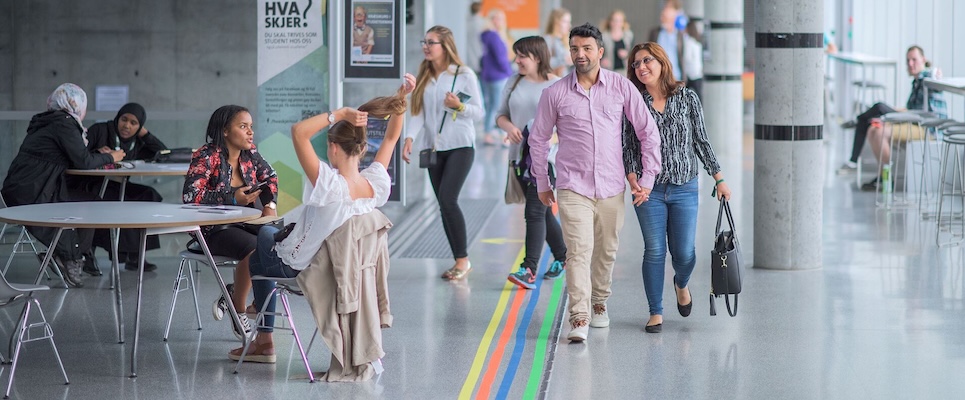Personer
Finn ansatte. Søk på navn eller fag- og arbeidsområde.
Kombiner jobb og studier høst 2024
Høgskolen i Østfold/HIØ Videre tilbyr et bredt utvalg av videreutdanninger og deltidsstudier (med studieavgift) tilpasset dagens arbeidsmarked. Studiene gjennomføres på deltid, som betyr at du kan kombinere jobb og studier.
Aktuelt
-
Fekk du 4+ og 5- i karakter? No er det forska på
Har du hamna på feil side av ein skulekarakter nokon gong? No har forskarar undersøkt kva som ligg i dei glidande vurderingane i skulen.
-
Nominert til Digitaliseringsprisen 2024
Et stort forskningsprosjekt som skal forhindre uetisk bruk av kunstig intelligens, er nominert til Digitaliseringsprisen 2024.
Arrangementer
Samarbeid med HiØ
Høgskolen i Østfold tar på seg oppdrag for næringsliv og offentlig virksomhet når det gjelder studier, kurs, forskning og utviklingsarbeid.



